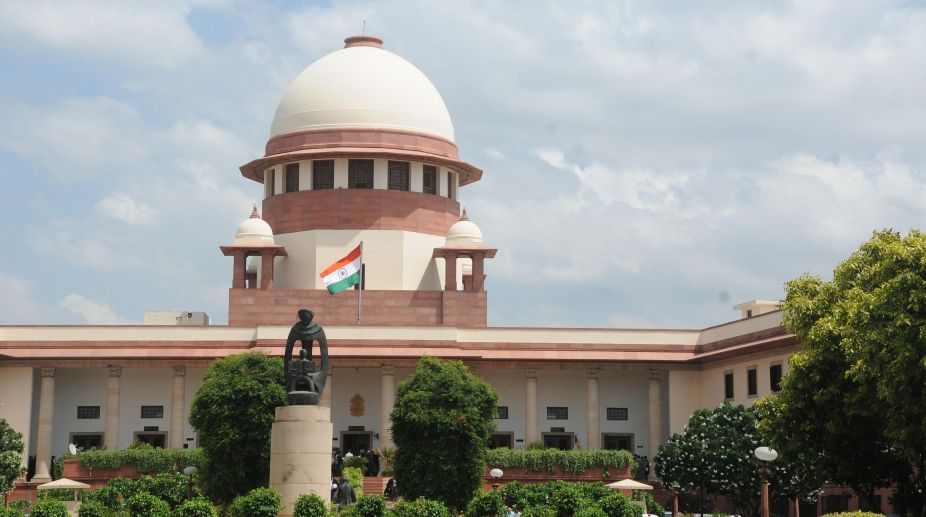SC asks states/UTs to decide on plea seeking to conduct yatras on poll awareness
The bench was told that such orders prohibit all kinds of assemblies, meetings and demonstrations during the duration of elections.

Supreme Court of India (Photo: Facebook)
The Supreme Court on Monday, 22 January, began hearing petitions for an independent probe in the mysterious death of CBI judge BH Loya.
A three-judge bench comprising Chief Justice Deepak Misra, Justice DY Chandrachud and Justice AM Khanwilkar was hearing the petitions filed by Bandhuraj Lone and Tehseen Poonawalla.
On Monday, the apex court transferred two similar petitions filed in the Bombay High Court to itself. These petitions will be heard along with the other two on February 2.
Advertisement
There were heated arguments inside the court over the issue today. The Maharashtra Government told the apex court that a careful and prudent investigation was conducted and four judicial officers assured there was no foul play involved.
The case was first assigned to a two-judge bench comprising Justice Arun Mishra and Justice Mohan M Shantanagoudar. The bench recused itself on 16 January citing sensitiveness of the case and referred it to an “appropriate bench”.
When four judges of the Supreme Court – Justices Jasti Chelameswar, Ranjan Gogoi, MB Lokur and Kurian Joseph – held a press conference on 12 January targeting the CJI over the manner in which cases were being assigned, one of the cases they underlined was that of judge Loya.
A demand into an independent probe under the supervision of the Supreme Court has been repeatedly raised by the Congress.
Anuj Loya, the son of judge Loya, had on 14 January told the media that he initially suspected the manner in which his father died but no longer had any suspicions.
Judge Loya died of a heart attack in December 2014. He was at the time hearing a case in which BJP president Amit Shah was accused of murder.
The Maharashtra government has submitted documents – including post-mortem details and a 50-page intelligence report – related to his death to the Supreme Court in a sealed cover.
Advertisement